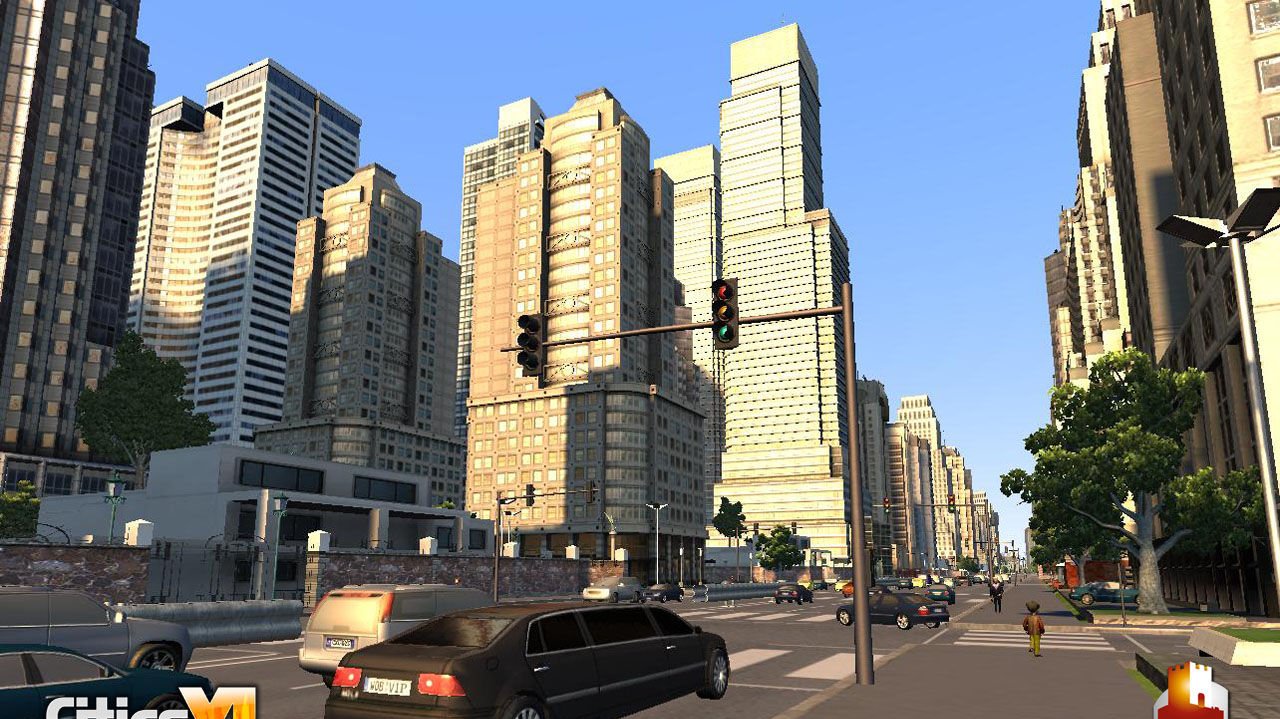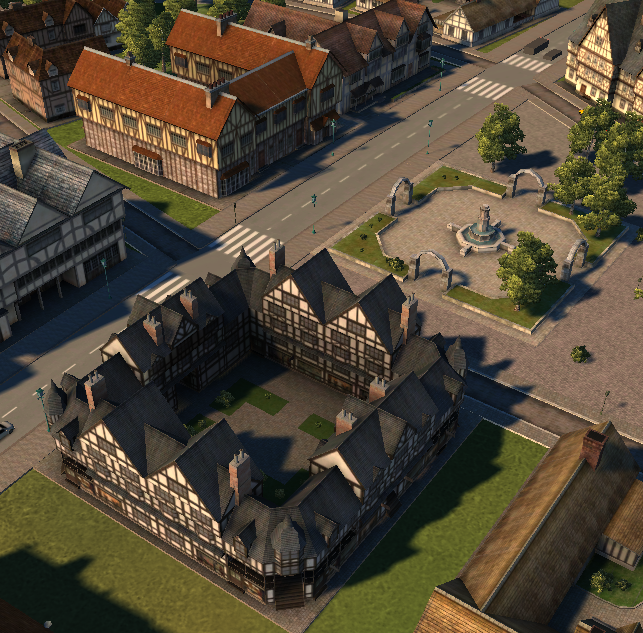

The game's appearance is decidedly bland. The satisfaction of laying out cities and watching them prosper is still good enough to get you hooked, but because of repetition and the always nifty sensation of playing God, there's no sense of wondering what's next. There are no set goals or varied challenges in these locales, however, or any spicy frills like massive natural disasters, which can lead to some city-building ennui after a dozen or so hours of play. Everything is unlocked from the start of play, so you can freely move between cities in green plains where it's easy to develop a thriving metropolis and cities in resource-deprived deserts in the middle of nowhere. The solo mode of play is based around 25 sandbox cities in five regions (30 in six regions in the Limited Edition version of the game) scattered around the continents of a fictional globe. Gameplay is geared toward city-building beginners. Unqualified workers, for instance, consist of a blue-collar crowd needed for factories and the like, qualified workers serve as management in offices and manufacturing facilities, and executives take charge of places like high-tech factories. Each group of citizens is needed for specific employment.

Instead of setting up areas for homes and establishing allowable population density, you have specific zones for unqualified, qualified, and executive workers, along with the elite upper crust. The only difference between the gameplay and wrangling with real city zoning bylaws is the ability to be specific about what you want. Then you toss in services like sheriff stations, hospitals, electrical plants, bowling alleys, and hotels to keep everybody healthy and happy. Just like planners in the real world, you lay out street grids zoned for residential development, heavy industry, high-tech manufacturing, offices, and retail stores. Construction efforts are centered on zoning. You take the role of a near-omnipotent city mayor with the ability to lay down roads, build houses, erect factories and office buildings, and so on without interference from nuisances like city councillors and chief architecture officers. This is essentially a revision of the now-classic SimCity formula, somewhat similar to that on display in Monte Cristo's previous City Life games. The basics of Cities XL are pretty much what you would expect. Laying out huge stretches of city blocks is a snap. Not all of the ground-breaking elements are fully realized out of the box, so you're left with a pretty conventional city builder with a few innovations that hold promise for revolutionizing the genre sometime down the road. Monte Cristo's latest attempt to knock the venerable SimCity off its throne delivers when it comes to standard city-building genre features, but its massively multiplayer online-style mode, where you interact with virtual city planners across the globe, fails to deliver. By combining a fantastic single-player game with the social and multiplayer aspects of an MMO, CITIES XL™ will shape the future of the genre by offering more variety, bigger cities and multiple gameplay layers.Cities XL isn't as supersized as its title would have you believe. Life on the planet will be punctuated by events and competitions - a concert held in one town may, for example, be attended by visitors from other areas who can also enjoy a walk around the city to admire the urban creations of multiple players. Mayors can share and trade with one another, specialize their economy and team up with befriended cities to create sprawling metropolises.

The game’s online features and services will allow players to create interconnected cities on virtual and persistent planets. Be it planning and building a new zoo, public park, residential neighborhood or transit system - there's always a fresh and exciting challenge for would-be city managers and mayors in CITIES XL™. Players must create the right combinations of social services, leisure activities, special events and other job opportunities within their cities in order to feed, clothe, employ and entertain their citizens. The maps feature a variety of environments: mountains, hills, canyons, beaches and islands, all set in different climates from tropical to desert, Mediterranean to temperate. CITIES XL™ allows gamers to develop cities on realistic 3D maps using an incredible collection of unique structures and monuments based on American, Asian and European-influenced architectural styles.


 0 kommentar(er)
0 kommentar(er)
